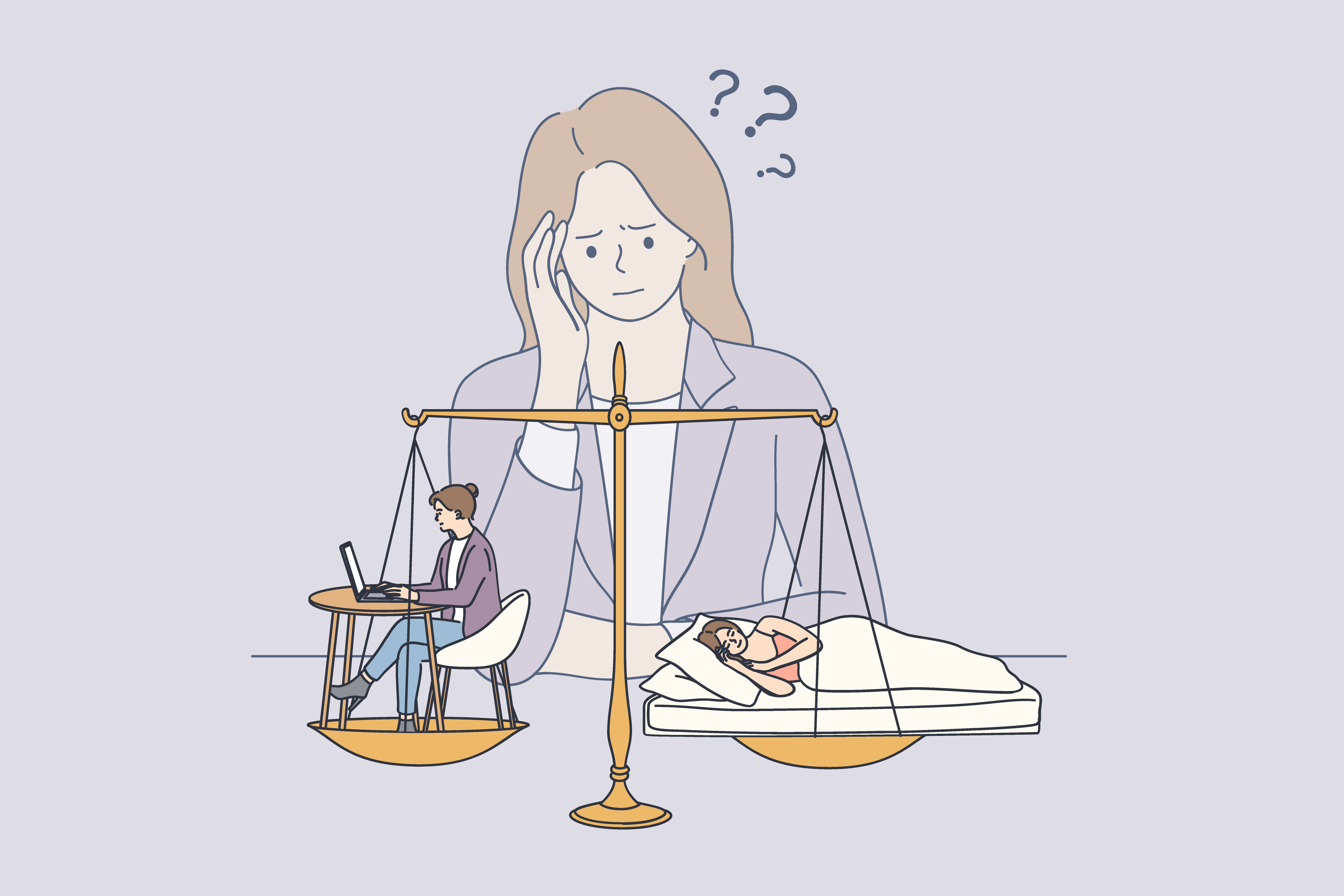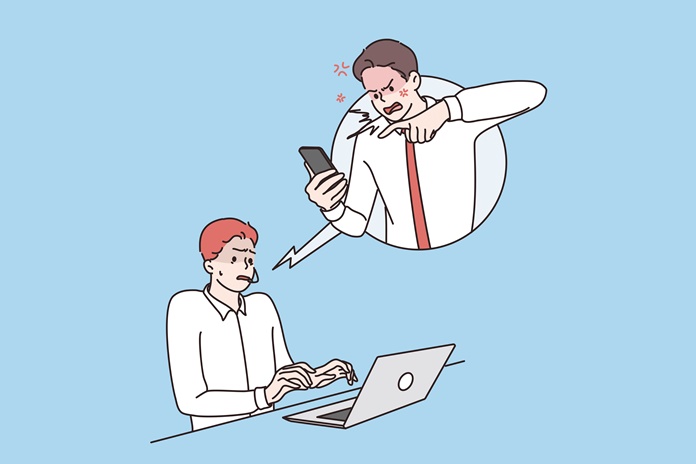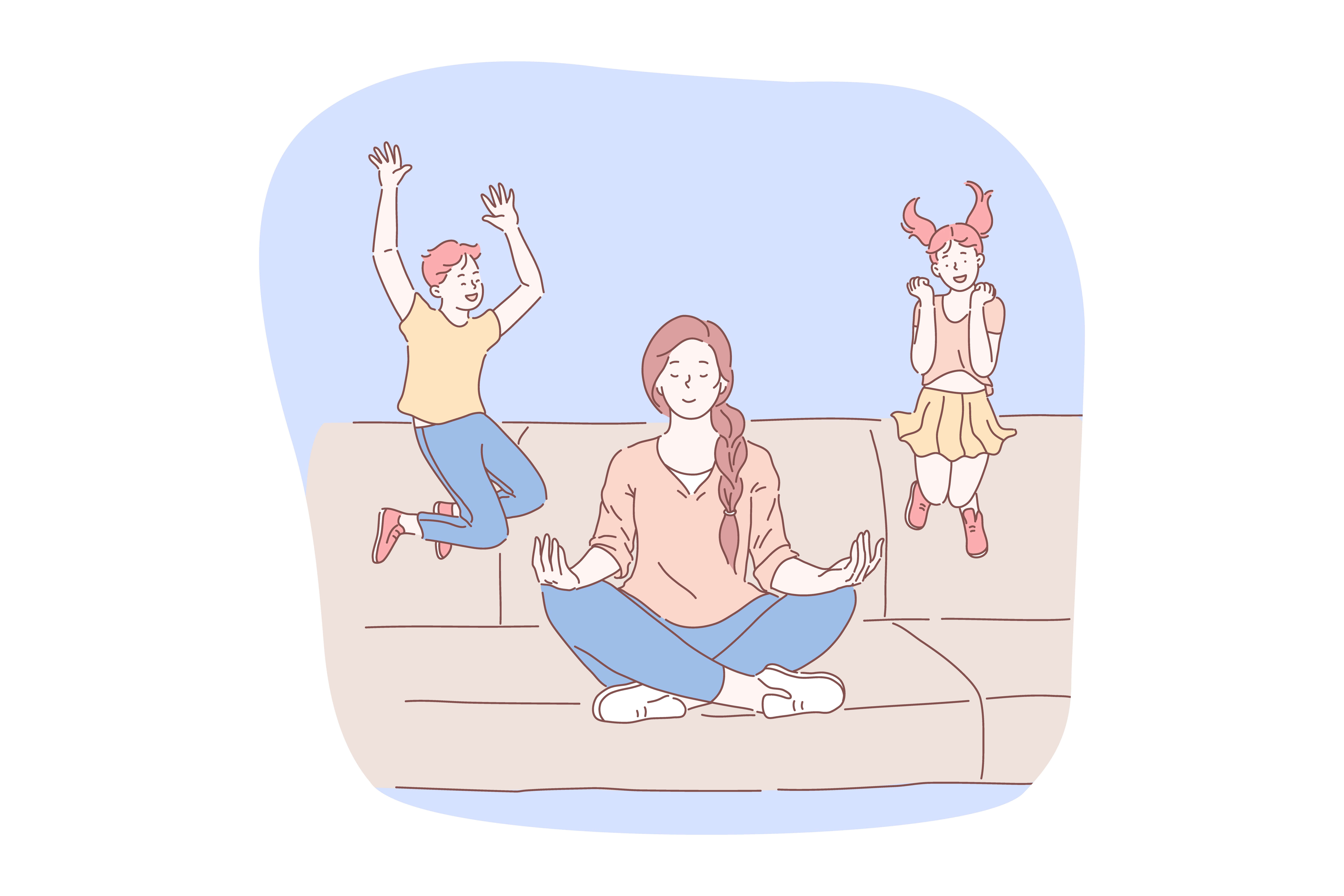Work + Life = Balance
Our modern society promulgates work-life balance. In the agricultural society of the past, one had to work from dawn to dusk; life equated to labouring. During the 60’s and 70s, the blooming of industry brought about the prevalence of family production, restaurants and small shops. Shophouses fulfilled both business and residential purposes; life and work were inseparable. Afterwards, in the 80’s and 90’s, revolutionary changes in work culture and environment were manifested with technology. We could carry out our jobs in whatever time, venue and even country, offering services that were tailor-made, immediate and interactive. Nowadays, our personal life is gradually invaded by work. Does it pose a challenge to employees?
Today, let’s relax our body and mind through the music of harp and mindfulness exercises!
Professor Siu Oi Ling - Dean of the Faculty of Social Sciences and Lam Woo & Co Ltd Chair Professor of Applied Psychology–has been conducting researches on mental health in the workplace and promulgating related policies for years. According to her, advocating work-and-life balance and empathizing the mental health of employees have become a dominant global trend. As Prof. Siu mentioned, overseas studies on the inter-relationship of work and life can be traced back to the 80’s. On the other hand, local researches on related topics, pushed forward by Hong Kong government, only began after the year 2000. Entrusted by Equal Opportunities Commission and Women’s Commission in 2006, Prof. Siu set in motion the “Research on Family-friendly Employment Policies and Practices in Hong Kong”. Before the announcement of her findings in 2007, discussions on related issues had been rare in the academic field and our society. It wasn’t until 2007 that the government decided to implement the five-day week initiative as well as such family-friendly measures as paternity leaves and flexible working hours, taking the lead for local enterprises.
Apart from the launching of governmental policies, people from all walks of life in our society have displayed deepened understanding about influences caused by excessive working hours and work pressure on employees. In our Chinese society, industriousness is a virtue hailed by the tradition. According to the statistics, the average weekly working hours of Hong Kong are 52 hours, which are longer than World Health Organization’s recommendation of 48 hours a week. Considering working hours alone, Hong Kong can be crowned as “the hub of diligence.” However, long working hours also lead to health issues. As Prof. Siu mentioned, there is a headmaster working 80 hours average a week and a truck driver more than 100 hours. Excessive work hours are conducive to fatigue, illness, agitation and lowered efficiency; they may even trigger off family conflicts. In Australia, for instances, the annual loss of national wealth caused by absence from work due to exhaustion, calculated by the government in 2005 - 2006, reached 7 billion US dollars; the figure was 4 times higher when it involved workers who went on duties under mental stresswith impaired concentration or efficiency. It goes without saying, apart from deteriorating the personal health of staff, occupational stress contributes to the financial loss of organizations and nations. A balanced lifestyle is recognized as the future direction of growth for developed countries.
The post 80’s and 90’s generations are able to enjoy life better
A balanced lifestyle is a kind of persistence and attitude. In terms of career, the former generation may value future prospect, salary and stability. On the other hand, the younger ones consider the sense of purpose and leisure after work as their ideal goals. As Prof. Siu indicated, there was a young job seeker who accepted an offer with modest pay as he/she relished the gym facilities provided by the company. Similarly, in Singapore, using cellphones and such social media as Whatsapp within working hours are tolerated by some firms. Such arrangement is even written clearly on their employment contracts. It is said that the autonomous style can enhance work efficiency. All these reflect the difference in values held by the rising generation.
Hong Kong people are work addicts?
Have you noticed that skyscrapers in Hong Kong are brightly lit throughout the week? We believe more work deserves more pay; we never say no to working late hours with blooming workload; we won’t leave our offices unless our seniors do so. Such piled up dissatisfaction does not only hinder the health of body and mind but also the work performance and efficiency. Some argue that surge in wages could compensate the exhaustion caused by working long hours and overtime. However, Prof. Siu disagreed and said, “the negative impact of working long hours and overtime cannot be set off with salary! When asked by their bosses to work overtime, employees only agree to do so voluntarily. In other countries, lawsuits could be filed to companies for adopting excessive work hours.” Prof. Siu further illustrated “how we swallow negative emotions arising from job’s duties and consider ourselves “well paid for it”. Such phenomena are known as “emotional labour”. For instances, dealing with clients, one has to put on smiles or accept their blames. All these inevitably involve emotional labour.” She went on explaining the stark difference between being a “workaholic” and “being engaged in work.”There are employees who are unaware of the flow of time; working long hours does not dampen their efficiency. “Therefore, being a workaholic does not necessarily involve exploitation. The headmaster who works 80 hours a week, as described before, is able to find pleasures in his chores. During his offs, he would dance with his wife. Mastering ways to alleviate stresses, he seems to be leading a happy life,” concluded Prof. Siu.
Discover the inner capital of your staff
The growing prevalence of positive psychology has brought about emphasis on personal virtues in the context of workplace management and work culture. For years, Prof. Siu has been imparting trainings to sundry sorts of public and private institutes. She believes companies also bear the responsibility to uplift the health of body, mind and soul of their staff. “These cover enhancing the sense of autonomy and engagement among workers and improving the job’s diversity with more options of tasks. Employees could feel being supported and rewarded and notice a sense of achievement. All these are contributive to their mental health.” In 2004, Luthans - a noted scholar from the U.S. - developed the notion of Psychological Capital, which has been applied to managing and training human resources. To allow employees to utilize their personal advantages and reduce their negative emotions and related symptoms, Luthans promoted strengthening workers in terms of Optimism, Hope and Well-Being, Resilience and Self-Efficacy.
老闆識做Vs.下屬識做
Prof. Siu reinforced that companies should not overlook the influence and financial loss caused by stresses in the workplace. “Enormous pressures on employers generate fatigue and weariness on their body and mind, leading to absences from work or even job hopping. Companies will have to go through the process of hiring, advertising and training again, which apparently consumes a great deal of the manpower and resources.” In Hong Kong, enterprises of multiple scales have racked their brains for retaining employees on both physical and psychological levels, for examples, fresh meals offered by property companies and child care services by banks. There are firms which organize overseas travels and volunteering services. Bosses can also boost the morale and sense of satisfaction of subordinates by handing out such gifts as fruit and vouchers during festivals.
Original article from BOKSS’s Newsletter





